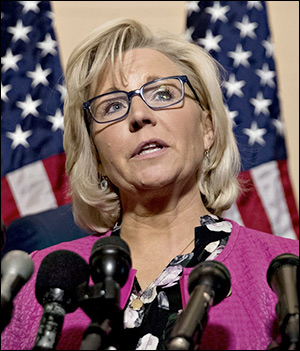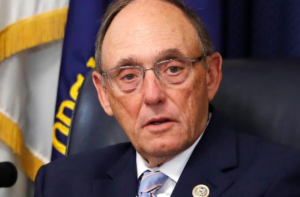
Key candidates who hope to succeed late Rep. Elijah Cummings in MD-7 iclude rom left: Maya Rockeymoore Cummings, Kweisi Mfume, Talmadge Branch, Jill Carter, Terri Hill, Jay Jalisi, Michael Higginbotham, Saafir Rabb
By Jim Ellis
Jan. 31, 2020 — The Iowa Caucus is not the only election happening next week. The day after Iowans gather in their precinct meetings on Monday, Baltimore area voters will go to the polls to choose nominees to replace the late Congressman Elijah Cummings (D-MD) who passed away in early October.
Though Tuesday hosts only the special primary election, the Democratic nominee emerging from that vote will succeed Rep. Cummings in the April 28 special general election from a seat that is virtually unwinnable for a Republican.
Which of the 24 Democrats running will win the nomination is a point of speculation, however. The field includes the late congressman’s widow, Maya Rockeymoore Cummings, who resigned her position as Maryland Democratic Party chair to run, and the man who Elijah Cummings replaced in a 1996 special election, former congressman, Kweisi Mfume. Mfume resigned from the House to become President of the NAACP, thus necessitating the special congressional election 24 years ago. He would remain in this position until he ran unsuccessfully for Senate in 2006.
Also in the race are state House Majority Whip Talmadge Branch, state Sen. Jill Carter (D-Baltimore), and state Delegates Terri Hill, a Columbia physician, and Jay Jalisi (D-Baltimore County).
The candidate who has so far spent the most money, however, is law professor Michael Higginbotham. He has raised just over $110,000 and loaned his campaign over $500,000. The $600,000+ total is almost $400,000 more than the next closest competitor, ex-congressman Mfume, who reported just over $266,000 in receipts on his Jan. 15 pre-primary financial disclosure filing. The other candidate raising over $200,000 is business consultant Saafir Rabb. All of his funds come from other individuals. Higginbotham and Mfume report having the most cash-on-hand, just over $200,000 apiece.




 By Jim Ellis
By Jim Ellis
